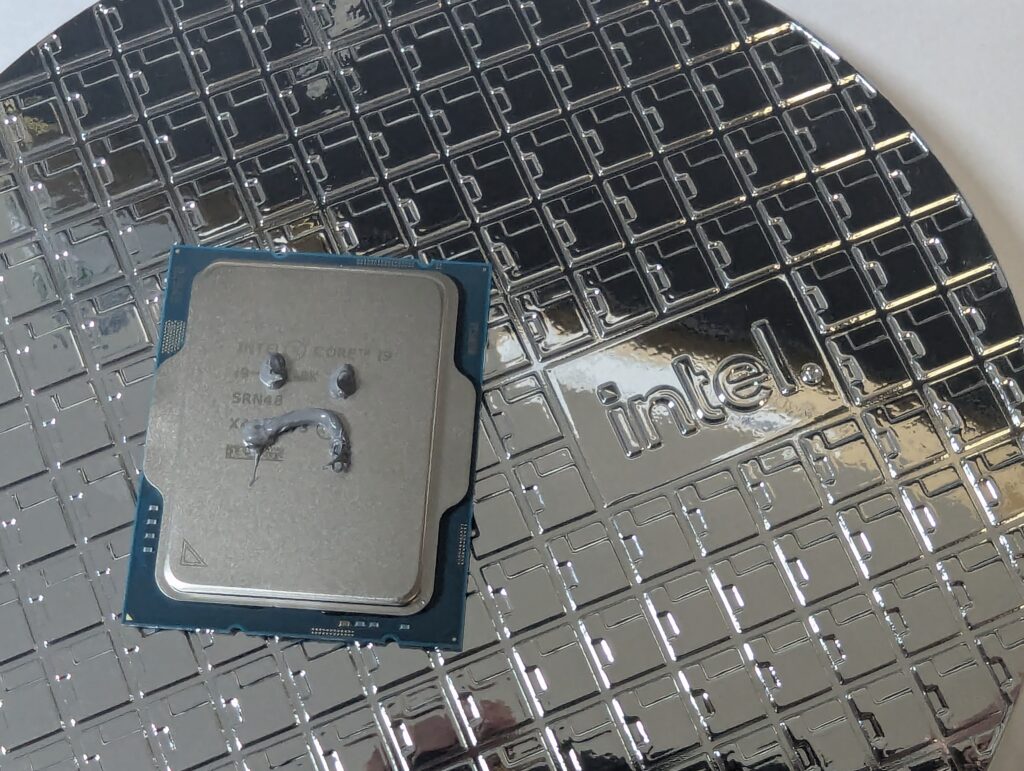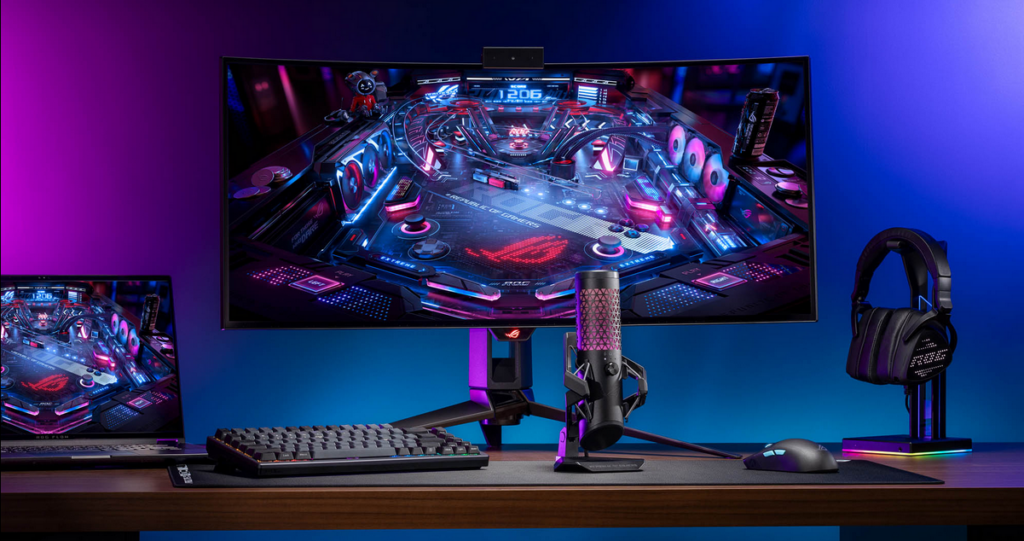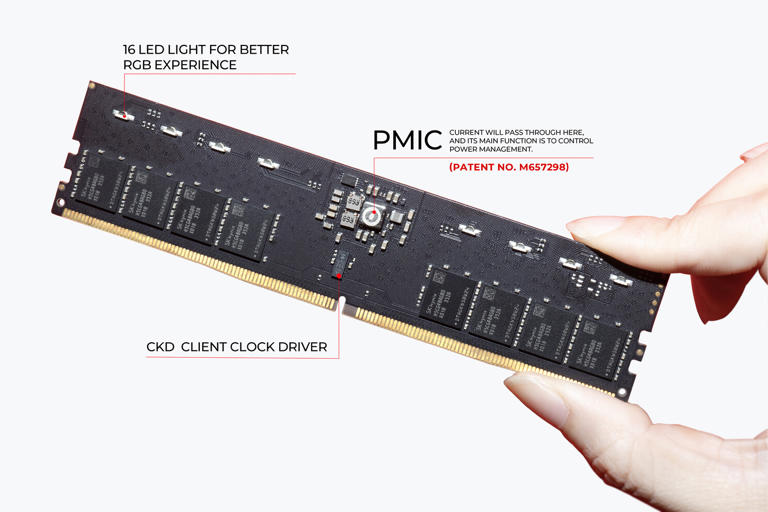You've probably seen all the commotion around Intel's recently launched Arrow Lake (or 15th generation) CPUs. Has the CPU giant really shown us what the L in Intel means, or is all of this blown out of proportion?

First of all, I'd like to point out that this isn't an actual review, simply because there is no UK stock at the moment, and we obviously aren't important enough for pre-release samples despite selling almost every single Intel desktop CPU released in the last 15 years, probably because we are not actually a review company. If you're looking for a super technical review we'd recommend checking out der8auer & Gamers Nexus.
Most of our thoughts here will be based on the Intel Core Ultra 9 285K, as this is the CPU that we've been fed the most information about, although most of the points we talk about can be applied to the entire Arrow Lane lineup. Anyway, here's what we think:
Game Performance
Gaming performance doesn't look fantastic, from what we've seen, the Core Ultra 9 285K performance is around that of an i9 14900K and Ryzen 7 7800X3D, despite being much more expensive than both of them. Most of the game benchmarks we're seeing are utilising very fast memory, up to DDR5-8800 in some cases, but are comparing to significantly slower speeds on the CPUs it's being compared to. Intel has admitted that they never expected Arrow Lake to be the best gaming CPUs, but we hoped to see consistent gains over the i9 14900KS which is not the case.

Productivity Workloads
Multi-core productivity workloads are where we start to see the more impressive results, with the performance of the 285K similar to the Ryzen 9 7950X and even the new 9950X in some of the numbers we're seeing. There are some outliers, one of which is in Adobe Photoshop where performance is way below what we'd expect to see, we can only assume this will be sorted in future software updates as all other Adobe software seems to run excellently.
Memory Compatibility
DDR4 support is now gone, moving exclusively to DDR5. Not really a bad thing now that DDR5 pricing is now at a reasonable level. Memory speed also seems to be a focus of the Core Ultra desktop processors with Intel stating the "sweet spot" speed is DDR5-8000. There's a new type of RAM to help achieve these sorts of speeds called CUDIMMs, which have a clock-driver on the memory module to set the clock speed, enabling memory stability all the way up to 10,000 MT/s.

Power Consumption
This is what Intel has been raving about, and it looks pretty decent. Power consumption has come down from the gargantuan numbers seen in almost every Intel CPU of recent years to figures we'd expect from AMD. When we eventually get our hands on these CPUs, we're expecting to see 30-40% reductions in power usage, however, many reviews seem to contradict each other so this is definitely something we'll need to spend some time testing ourselves.
Cost
Prices are about what we'd expect, every Intel release that we can remember has resulted in price increases around the 10% mark. If we compare at current pricing, you'd expect to pay around £450 for an i9 14900K, which is £100 less than the U9 285K. Motherboard pricing is also something to consider, if you were to go with an Asus ROG Strix Z790-F Gaming WIFI you'd pay roughly £400, whereas an Asus ROG Strix Z890-F Gaming WIFI is priced at £470. You can also consider the price of faster RAM, you can pick up a kit of 32GB DDR5-6000 for £100, however, a kit the same size at DDR5-8000 would set you back around £180.
On paper, a £100 increase in CPU price doesn't seem huge, but when you factor in the more expensive Motherboard & the need for faster RAM, that price increase is now around the £250 mark, at current prices.
Are we going to sell them?
In short, yes, when stock is available you'll see most of our high-end Intel-based Extreme & Watercooled PCs switch over to Arrow Lake & Intel Z890. For the foreseeable future we plan to continue offering our vast range of Intel Core I series 12th & 14th generation processors as at this point appear to offer much better value for money compared to these new emerging Core Ultra series processors, which is absolutely still a good idea for users that want almost top performance but with a worthwhile cost saving.
Of course, as time goes on we will as always keep a close eye on Intel Ultra Processors and introduce them into lower-end systems when it makes financial sense to do so.

